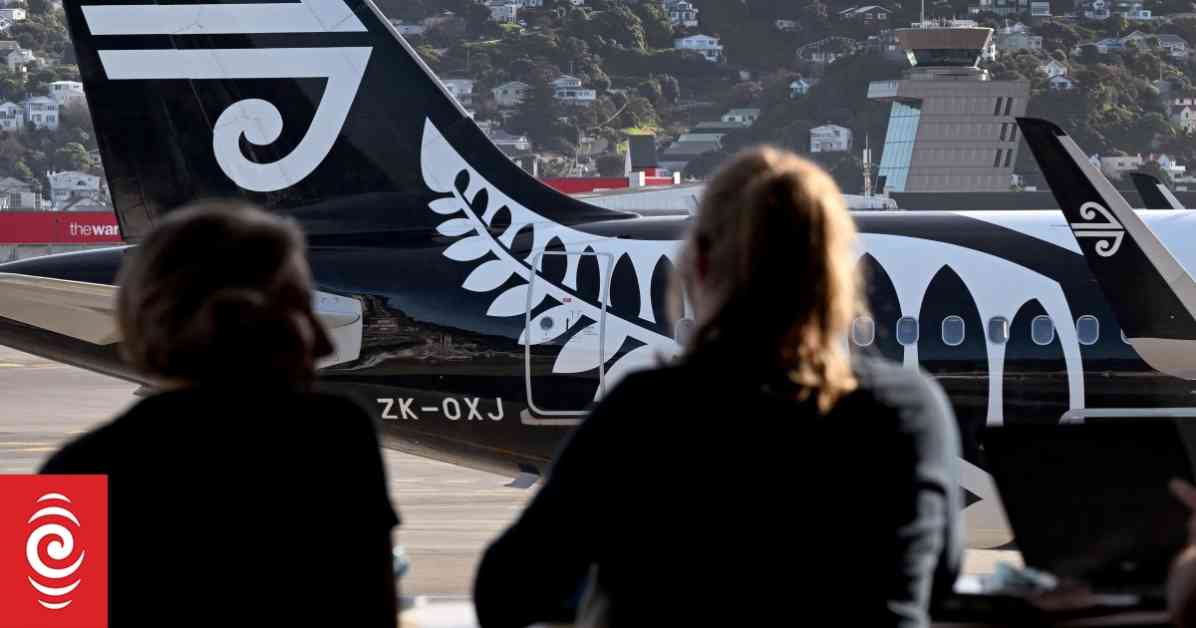Passengers Stranded by Air New Zealand Over-fuelling Fiasco
A recent incident involving Air New Zealand at Wellington Airport left passengers on a flight to Dunedin in a state of confusion and frustration. The situation unfolded when 13 volunteers were requested to disembark from the plane or risk having all baggage left behind due to an unexpected weight issue caused by over-fuelling.
Michael Reddell, one of the passengers affected by this ordeal, recounted his experience of being on the flight with his daughter, who was headed to the University of Otago. As the airline announced the need for passengers to lighten the load, Reddell and others were offered compensation to voluntarily leave the flight. In exchange for a $700 voucher, Reddell agreed to disembark, expressing disappointment in the handling of the situation by what he deemed to be a “high-performing, well-functioning airline.”
The weight discrepancy amounted to 1300 kilograms, causing disruptions for passengers, particularly students moving into university halls in Dunedin. Despite efforts to accommodate the excess baggage typically associated with such travel, the over-fuelling miscalculation forced Air New Zealand to seek volunteers for rebooking on a later flight.
Safety Concerns and Customer Compensation
According to Air New Zealand’s Chief Operating Officer, Alex Marren, the over-fuelling incident posed safety risks that necessitated weight and balance adjustments on the affected flight. While the airline issued apologies and compensation to the impacted passengers, the incident highlighted the challenges of managing unexpected operational issues in a high-demand period.
Consumer New Zealand, a consumer advocacy group, emphasized the importance of airlines adhering to established policies in cases of flight disruptions. They outlined expectations for rebooking affected passengers on the next available service, covering additional costs, and providing compensation based on the length of the delay. In light of this incident, Air New Zealand’s response and adherence to these guidelines will be under scrutiny by affected passengers and industry observers.
As travelers navigate the complexities of air travel, incidents like the over-fuelling fiasco at Wellington Airport serve as reminders of the delicate balance between operational efficiency and passenger safety. The human element of these situations, as experienced by Michael Reddell and his daughter, underscores the impact of unexpected disruptions on individuals’ travel plans and expectations.
In the face of such challenges, airlines like Air New Zealand must prioritize clear communication, swift resolution, and proactive measures to mitigate disruptions effectively. As the aviation industry strives to recover from the impacts of the global pandemic, maintaining customer trust and operational excellence remains paramount in delivering a seamless travel experience for passengers worldwide.





